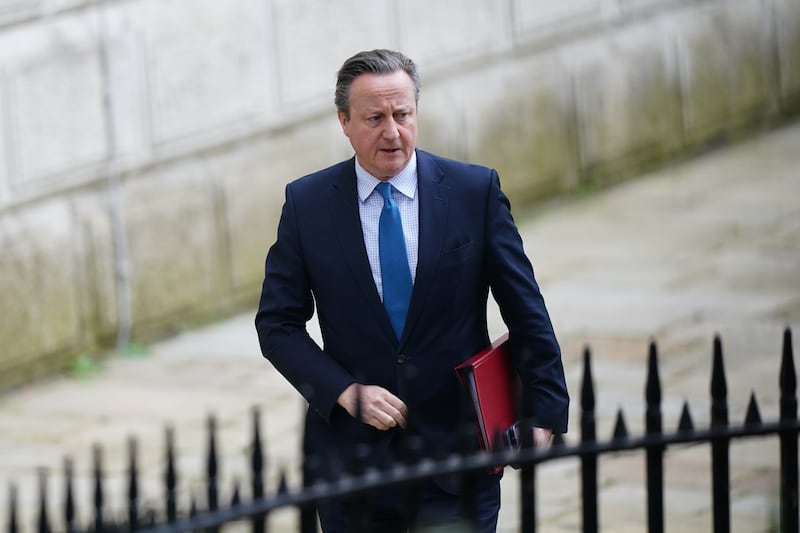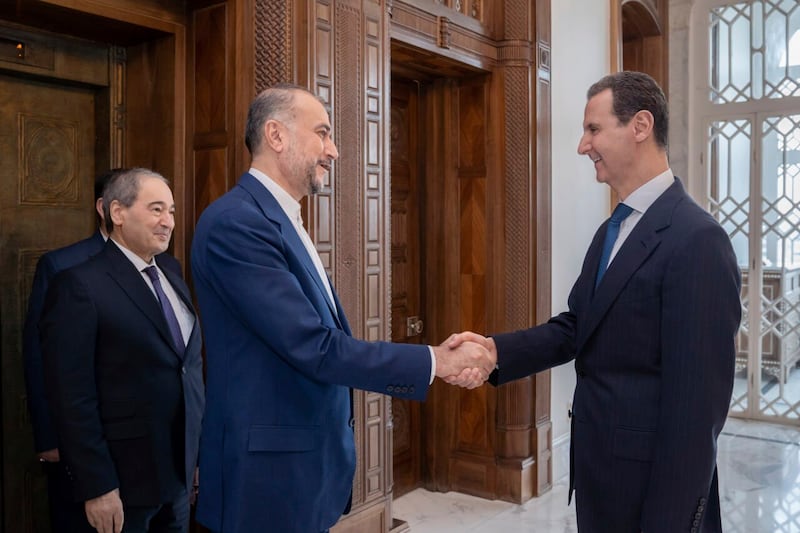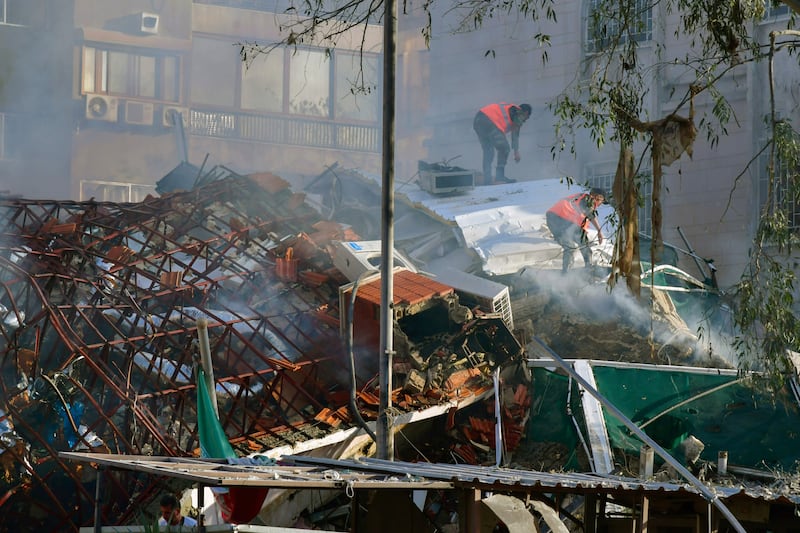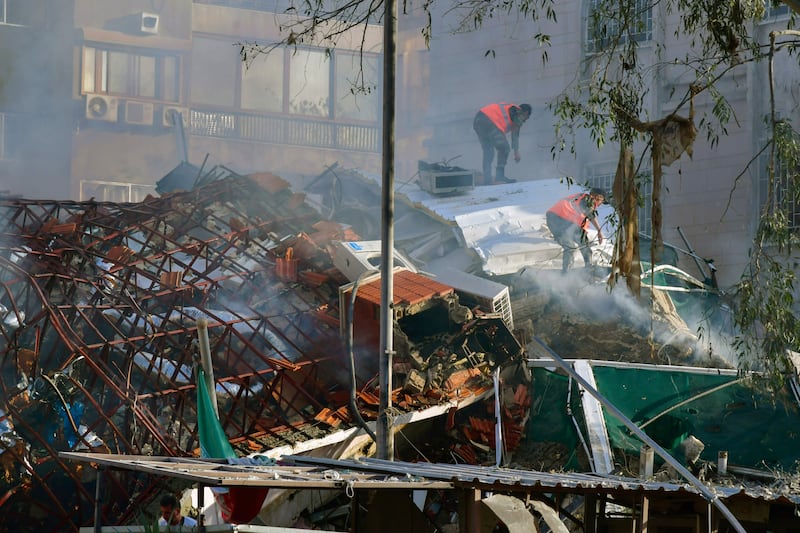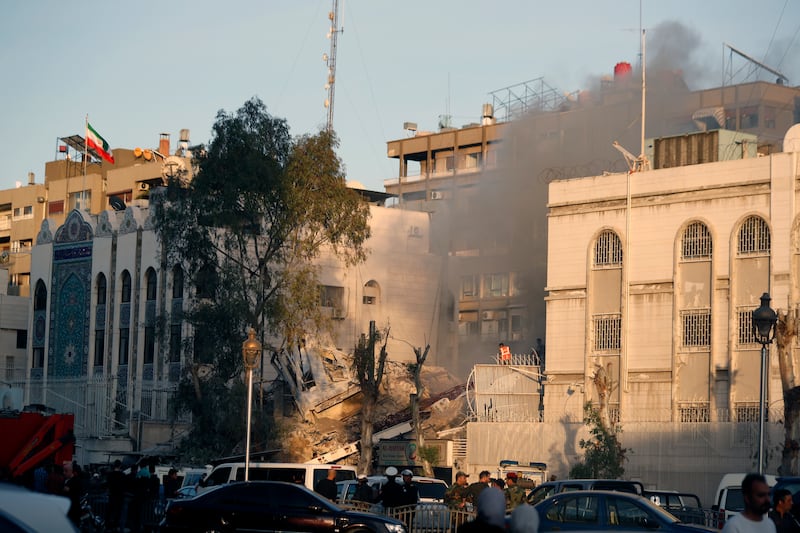MOST people will have seen some coverage of the conflict which has been tearing Syria apart for five years.
The conflict has become extremely confusing to the ordinary person, with Russia claiming to be fighting fundamentalist organisations while being accused by western governments of supporting the regime of Bashar al Assad.
What is not confusing is the devastating effect that a huge aerial bombardment of the city of Aleppo by Russian and Syrian government forces is having on a besieged population.
It is plain from the images broadcast on a nightly basis that men, women and children are being killed and injured in large numbers.
Those who survive are faced with the reality of homelessness and with the threats of starvation and dwindling medical supplies.
A recent ceasefire brokered by the major powers offered hope that life-saving supplies could be brought into the city.
Some food and medicine did arrive in Aleppo but the supply was quickly cut off within days when an aid convoy was destroyed in air raids which the United States said were the work of Russia and/or Syrian government forces.
There have been continuing efforts, led principally by the United States, to reinstate a ceasefire but so far to no avail. Indeed the Syrian president has this weekend said that the bombardment of Aleppo is necessary to clear the city of what he claimed were terrorists.
So far this conflict is estimated to have killed over a quarter of a million people, with the same number injured, and around half of the 22 million population is thought to have been displaced.
At the weekend Russia's ambassador to the United Nations, Vitaly Churkin, said that the Syrian conflict has contributed to a worsening of relations between his country and the United States, to a point similar to 1973 when Egypt and Syria attacked Israel, with the superpowers backing the adversaries and some experts fearing fighting between their forces.
However, Mr Churkin pointed out that there had been successful negotiations between Russia and the United States on a number of issues such as a nuclear agreement with Iran and the fact that both superpowers gave their backing to the next UN secretary general, former Portuguese prime minister Antonio Guterres.
These were indeed significant achievements, and if agreement could be reached on these issues then surely there must be hope that the super powers can broker a deal which will bring peace to Syria.
US secretary of state John Kerry and Russian foreign minister Sergey Lavrov met on Saturday in Lausanne, Switzerland, in an effort to look at possibilities for restoring the ceasefire.
For the sake of the people of Syria, no matter who they support, it is to be hoped that a meaningful cessation of violence can be achieved sooner rather than later.


